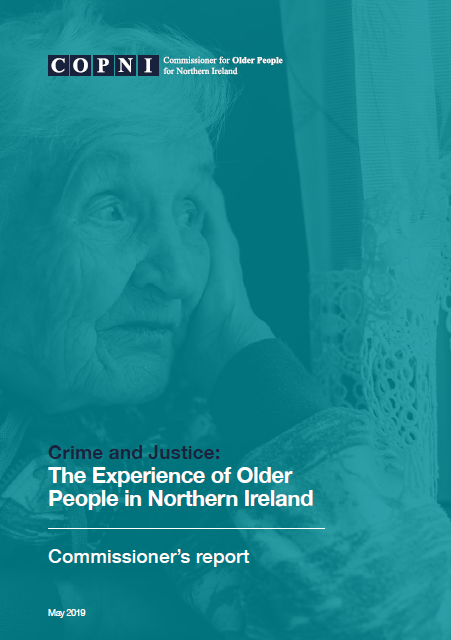
For this report, the Commissioner sought to examine crime clearance, prosecution and conviction rates and to better understand the experiences and expectations of older people when they are victims of crime. It was also an opportunity to gain an insight into how agencies of the criminal justice system interact with, and support, older victims of crime.
Being a victim of crime can be a traumatic experience for anyone, but there are particular factors that make older people more vulnerable to the effects of crime. These include: a higher rate of fear of crime; a higher rate of physical and mental impairment and disability; a greater likelihood of living alone; a greater likelihood of the absence of support networks; and higher rates of feelings of insecurity.
(...)
Older people must be able to participate fully in the criminal justice process to have their voices heard and their experiences recognised. It is important to acknowledge that improvements have been made in terms of support provided to older people but more work is required, including enhanced collaborative working between agencies. To that end, the Commissioner is making a number of recommendations aimed at improving the experience of older people who have been victims of crime.
Source: Commissioner for Older People for Northern Ireland

















